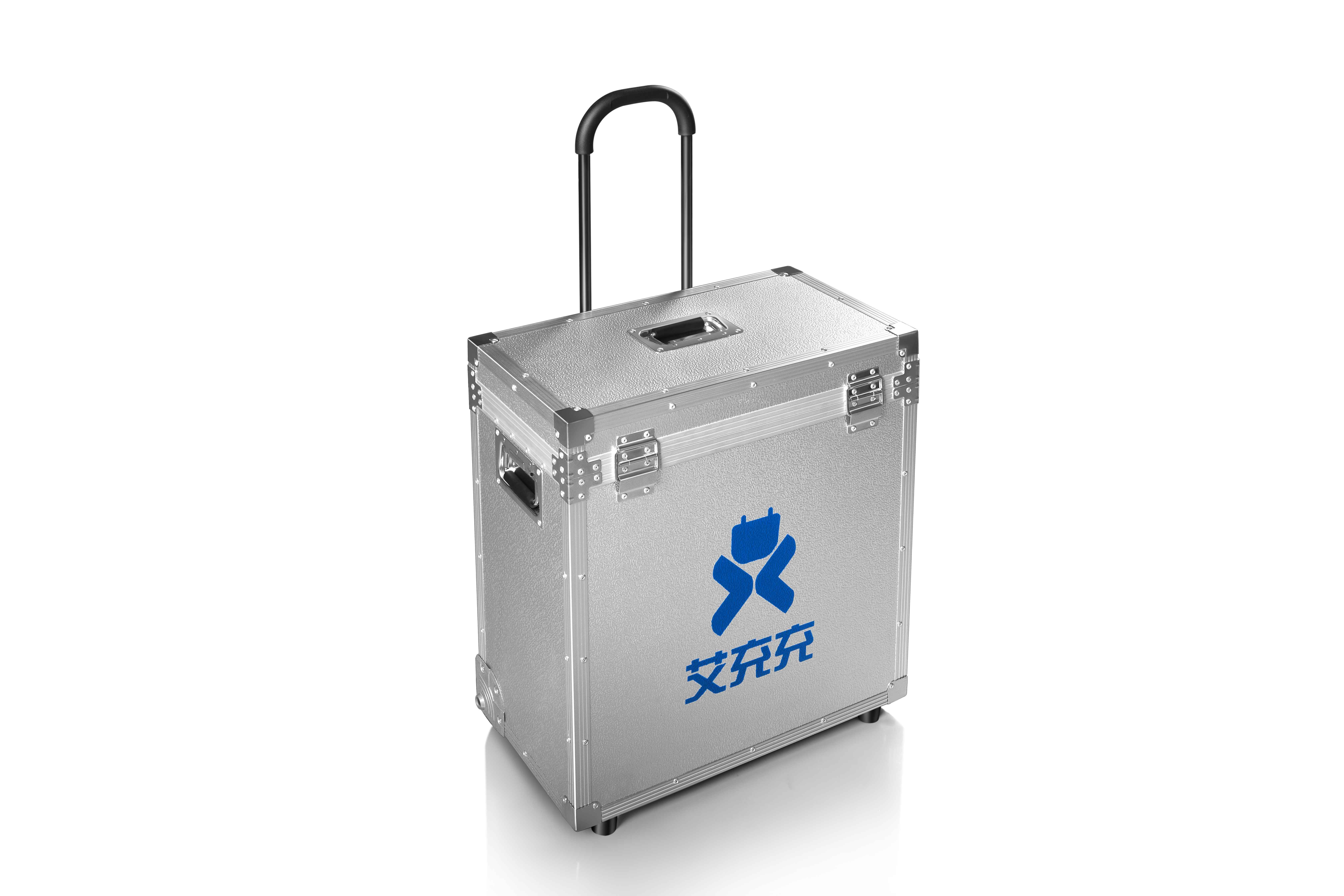
Aug . 21, 2024 16:34 Back to list
Advancements in Efficient Mechanical Energy Storage Solutions for Sustainable Power Generation
High-Quality Mechanical Energy Storage An Overview
Energy storage has become a critical component of modern renewable energy systems as societies around the globe strive to transition from fossil fuels to cleaner, more sustainable energy sources. Among the various forms of energy storage technologies, mechanical energy storage stands out for its reliability, scalability, and efficiency. This article explores high-quality mechanical energy storage systems, focusing on their principles, types, benefits, and future potential.
Mechanical energy storage generally involves the conversion of electrical energy into mechanical energy, which can then be stored and converted back into electricity when needed. This process offers several advantages, including high efficiency, longevity, and minimal environmental impact. The two most common forms of mechanical energy storage are pumped hydro storage (PHS) and flywheel energy storage systems (FESS).
Pumped hydro storage is the largest and most established form of energy storage. It works by using surplus electricity to pump water from a lower reservoir to a higher elevation. When electricity demand rises, the stored water is released back down through turbines, generating electricity. PHS systems can provide large-scale storage capabilities, making them ideal for stabilizing the grid and balancing supply and demand. However, their geographical limitations and long development times can be drawbacks.
On the other hand, flywheel energy storage systems involve a rotating mass that stores kinetic energy. When energy is supplied, the flywheel accelerates, storing energy in the form of rotational motion. When energy is required, the flywheel’s momentum is converted back into electrical energy. FESS can respond rapidly to fluctuations in electricity demand, making them suitable for grid stabilization and frequency regulation. They also have a long cycle life and low maintenance requirements, providing high-quality performance over extended periods.
high quality mechanical energy storage

One of the key benefits of high-quality mechanical energy storage systems is their efficiency. Both PHS and FESS can achieve round-trip efficiencies of over 80%, meaning that the majority of energy used to store the electricity can be recovered. This efficiency, combined with their ability to provide instantaneous power, makes these systems indispensable in supporting renewable energy sources such as solar and wind, which are often intermittent.
Another significant advantage is scalability. Mechanical energy storage systems can be designed to meet varying energy demands. For instance, large PHS plants can store hundreds of megawatt-hours (MWh) of energy, while smaller-scale FESS can be deployed in urban areas for localized energy management. This flexibility enables the integration of renewable energy sources into both large and small power grids.
Additionally, mechanical energy storage systems have a low environmental impact compared to traditional chemical-based batteries
. They typically use abundant materials and have a longer lifespan without the risks associated with batteries, such as thermal runaway or environmental contamination during disposal.Looking to the future, the potential for high-quality mechanical energy storage is immense. As the world continues to increase its reliance on renewable energy, the demand for efficient and reliable energy storage solutions will only grow. Moreover, advances in technology may lead to improved designs and new materials that enhance the performance and cost-effectiveness of these systems.
In conclusion, high-quality mechanical energy storage plays a vital role in the transition to sustainable energy. By efficiently storing and dispatching energy, systems like pumped hydro and flywheel energy storage can help manage fluctuations in energy demand, support renewable energy integration, and contribute to a more resilient and sustainable energy landscape. As technology advances, the role of mechanical energy storage in shaping the future of energy systems will become increasingly significant, ensuring a cleaner and more reliable energy future for generations to come.
-
Reliable ESS Energy Storage Solutions | Efficient Power Backup
NewsJul.21,2025
-
Self-Cooling-PW-164: Advanced Automatic Cooling Motor Technology
NewsJul.20,2025
-
Energy Management System Optimize Energy Use & Save Costs
NewsJul.20,2025
-
High-Efficiency Microinverter Solutions Top Microinverter Suppliers & Exporters
NewsJul.08,2025
-
Top Energy Storage Companies Leading Utility Scale & Long Duration Solutions
NewsJul.08,2025
-
Charge Point Charger - Reliable Charging Solutions for EVs Leading Charge Point Charger Company & Exporters
NewsJul.07,2025























